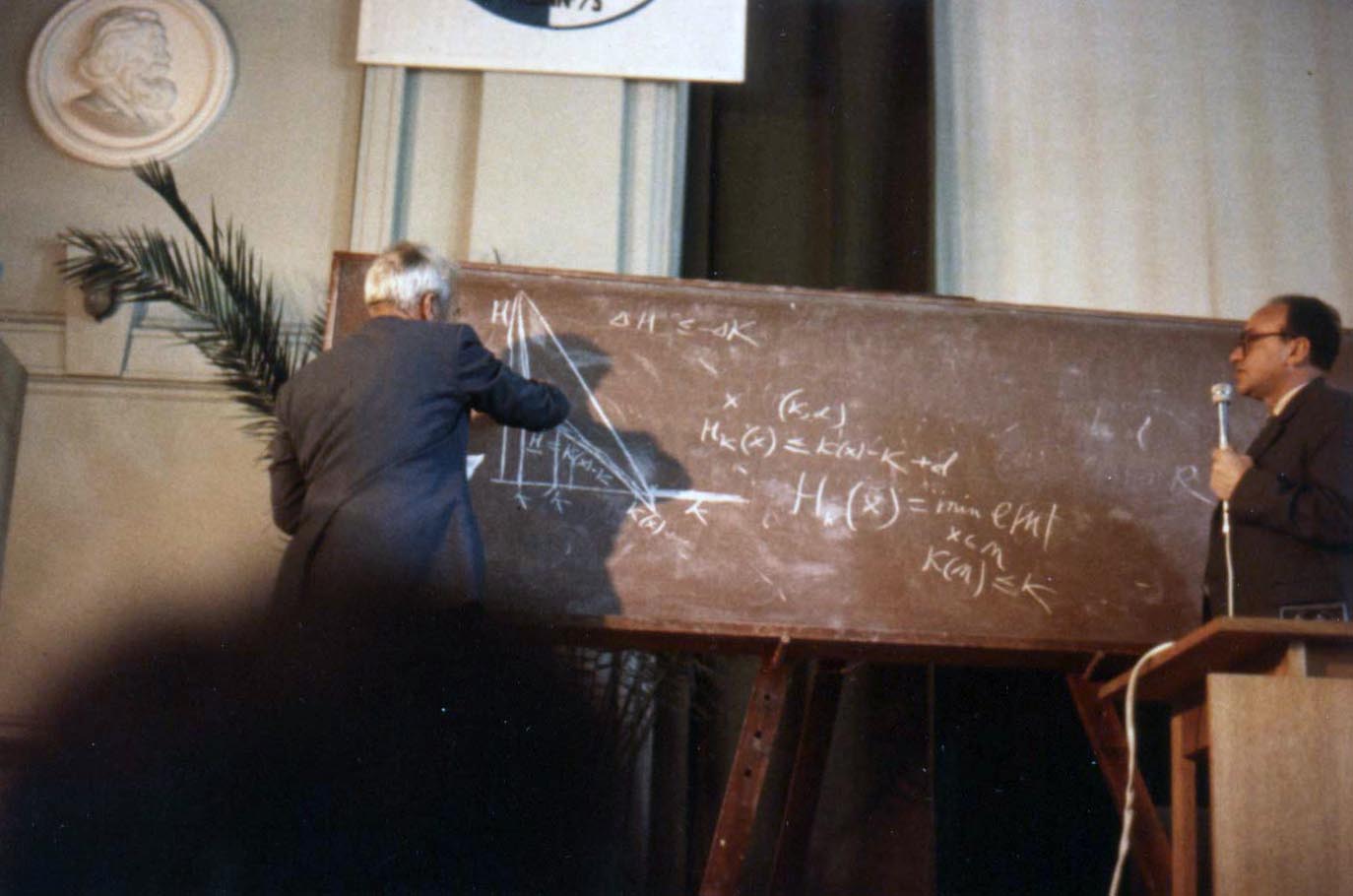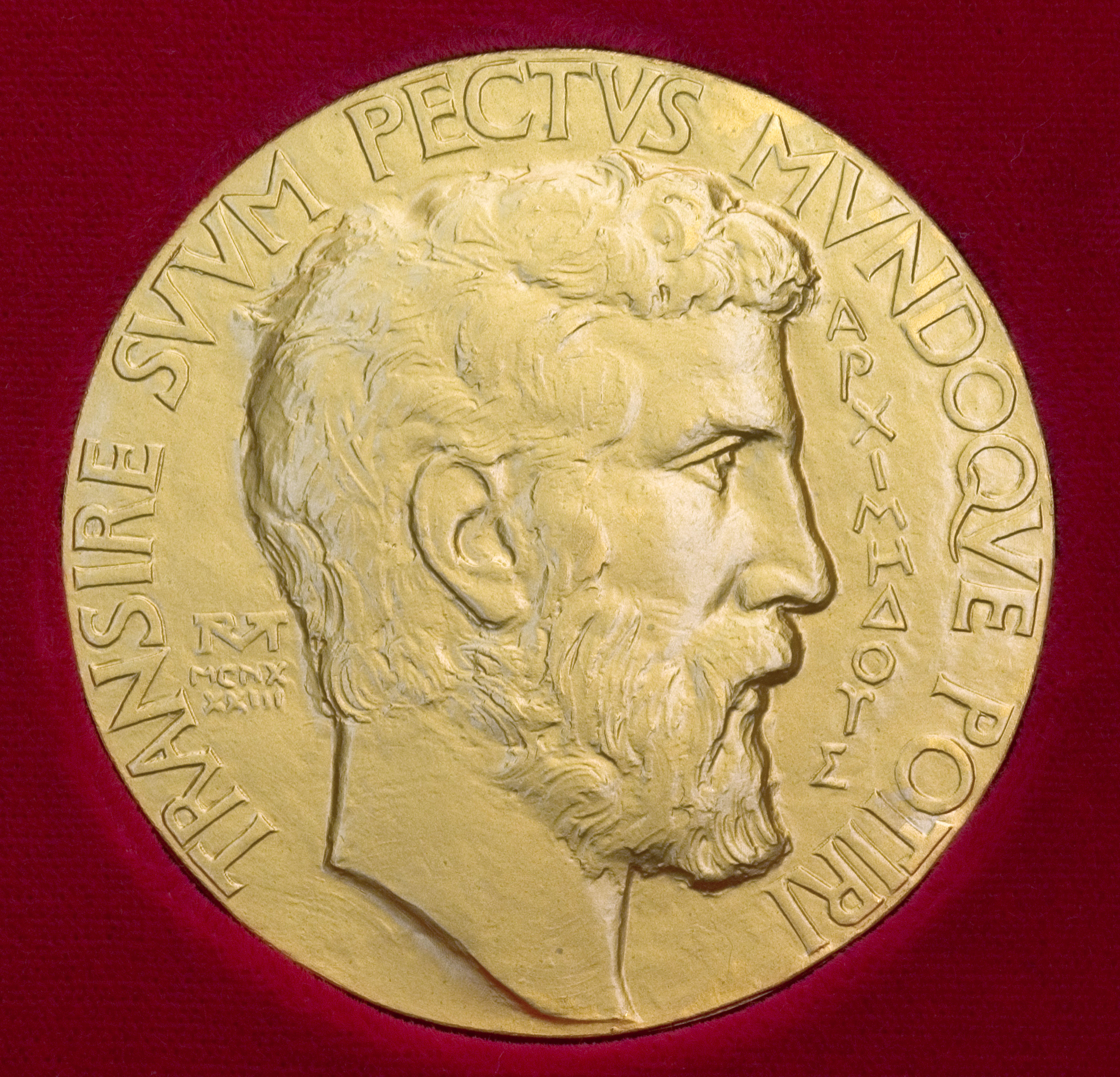|
Kolmogorov Medal
The Kolmogorov Medal is a prize awarded to distinguished researchers with life-long contributions to one of the fields initiated by Andrey Kolmogorov. The Kolmogorov Medal was first awarded in 2003 to celebrate 100 years since the birth of Kolmogorov. The recipient is invited to deliver a lecture. Early lectures were published in The Computer Journal. Recipients The following people have received the Kolmogorov Medal: Publications See also * List of mathematics awards This list of mathematics awards is an index to articles about notable awards for mathematics. The list is organized by the region and country of the organization that sponsors the award, but awards may be open to mathematicians from around the wo ... References {{International mathematical activities Mathematics awards ... [...More Info...] [...Related Items...] OR: [Wikipedia] [Google] [Baidu] |
Andrey Kolmogorov
Andrey Nikolaevich Kolmogorov ( rus, Андре́й Никола́евич Колмого́ров, p=ɐnˈdrʲej nʲɪkɐˈlajɪvʲɪtɕ kəlmɐˈɡorəf, a=Ru-Andrey Nikolaevich Kolmogorov.ogg, 25 April 1903 – 20 October 1987) was a Soviet mathematician who contributed to the mathematics of probability theory, topology, intuitionistic logic, turbulence, classical mechanics, algorithmic information theory and computational complexity. Biography Early life Andrey Kolmogorov was born in Tambov, about 500 kilometers south-southeast of Moscow, in 1903. His unmarried mother, Maria Y. Kolmogorova, died giving birth to him. Andrey was raised by two of his aunts in Tunoshna (near Yaroslavl) at the estate of his grandfather, a well-to-do nobleman. Little is known about Andrey's father. He was supposedly named Nikolai Matveevich Kataev and had been an agronomist. Kataev had been exiled from St. Petersburg to the Yaroslavl province after his participation in the revolutionary ... [...More Info...] [...Related Items...] OR: [Wikipedia] [Google] [Baidu] |
The Computer Journal
''The Computer Journal'' is a peer-reviewed scientific journal covering computer science and information systems. Established in 1958, it is one of the oldest computer science research journals. It is published by Oxford University Press on behalf of BCS, The Chartered Institute for IT. The authors of the best paper in each annual volume receive the Wilkes Award from BCS, The Chartered Institute for IT. Editors-in-chief The following people have been editor-in-chief: * 1958–1969 Eric N. Mutch * 1969–1992 Peter Hammersley * 1993–2000 C. J. van Rijsbergen * 2000–2008 Fionn Murtagh * 2008–2012 Erol Gelenbe Sami Erol Gelenbe (born 22 August 1945, in Istanbul, Turkey) is a Turkish and French computer scientist, electronic engineer and applied mathematician who pioneered the field of Computer System and Network Performance in Europe, and is activ ... * 2012–2016 Fionn Murtagh * 2016–2020 Steve Furber * 2021–present Tom Crick References External links Offi ... [...More Info...] [...Related Items...] OR: [Wikipedia] [Google] [Baidu] |
Ray Solomonoff
Ray Solomonoff (July 25, 1926 – December 7, 2009) was the inventor of algorithmic probability, his General Theory of Inductive Inference (also known as Universal Inductive Inference),Samuel Rathmanner and Marcus Hutter. A philosophical treatise of universal induction. Entropy, 13(6):1076–1136, 2011. and was a founder of algorithmic information theory. He was an originator of the branch of artificial intelligence based on machine learning, prediction and probability. He circulated the first report on non-semantic machine learning in 1956."An Inductive Inference Machine", Dartmouth College, N.H., version of Aug. 14, 1956(pdf scanned copy of the original)/ref> Solomonoff first described algorithmic probability in 1960, publishing the theorem that launched Kolmogorov complexity and algorithmic information theory. He first described these results at a conference at Caltech in 1960, and in a report, Feb. 1960, "A Preliminary Report on a General Theory of Inductive Inference." He clar ... [...More Info...] [...Related Items...] OR: [Wikipedia] [Google] [Baidu] |
Leonid Levin
Leonid Anatolievich Levin ( ; russian: Леони́д Анато́льевич Ле́вин; uk, Леоні́д Анато́лійович Ле́він; born November 2, 1948) is a Soviet-American mathematician and computer scientist. He is known for his work in randomness in computing, algorithmic complexity and intractability, average-case complexity, foundations of mathematics and computer science, algorithmic probability, theory of computation, and information theory. He obtained his master's degree at Moscow University in 1970 where he studied under Andrey Kolmogorov and completed the Candidate Degree academic requirements in 1972. He and Stephen Cook independently discovered the existence of NP-complete problems. This NP-completeness theorem, often called the Cook–Levin theorem, was a basis for one of the seven Millennium Prize Problems declared by the Clay Mathematics Institute with a $1,000,000 prize offered. The Cook–Levin theorem was a breakthrough in comp ... [...More Info...] [...Related Items...] OR: [Wikipedia] [Google] [Baidu] |
Per Martin-Löf
Per Erik Rutger Martin-Löf (; ; born 8 May 1942) is a Swedish logician, philosopher, and mathematical statistician. He is internationally renowned for his work on the foundations of probability, statistics, mathematical logic, and computer science. Since the late 1970s, Martin-Löf's publications have been mainly in logic. In philosophical logic, Martin-Löf has wrestled with the philosophy of logical consequence and judgment, partly inspired by the work of Brentano, Frege, and Husserl. In mathematical logic, Martin-Löf has been active in developing intuitionistic type theory as a constructive foundation of mathematics; Martin-Löf's work on type theory has influenced computer science. Until his retirement in 2009, Per Martin-Löf held a joint chair for Mathematics and Philosophy at Stockholm University.Member profile |
Jorma Rissanen
Jorma Johannes Rissanen (October 20, 1932 – May 9, 2020) was an information theorist, known for originating the minimum description length (MDL) principle and practical approaches to arithmetic coding for lossless data compression. His work inspired the development of the theory of stochastic chains with memory of variable length. Education and career Rissanen was born in Pielisjärvi (now Lieksa in Finland and grew up in Kemi, a border town between Finland and Sweden. He moved to Helsinki and studied at the Helsinki University of Technology, where he obtained his Master’s degree in electrical engineering in 1956 and licentiate in control theory in 1960. He studied there under Olli Lokki and Hans Blomberg. Rissanen became an IBM researcher since 1960, first in Stockholm, Sweden, while still a Ph.D. student under Hans Blomberg. Most of his PhD work was done remotely as a result and he received his Ph.D. from the Helsinki University of Technology in 1965 with a topic o ... [...More Info...] [...Related Items...] OR: [Wikipedia] [Google] [Baidu] |
Yakov Sinai
Yakov Grigorevich Sinai (russian: link=no, Я́ков Григо́рьевич Сина́й; born September 21, 1935) is a Russian-American mathematician known for his work on dynamical systems. He contributed to the modern metric theory of dynamical systems and connected the world of deterministic (dynamical) systems with the world of probabilistic (stochastic) systems. He has also worked on mathematical physics and probability theory. His efforts have provided the groundwork for advances in the physical sciences. Sinai has won several awards, including the Nemmers Prize, the Wolf Prize in Mathematics and the Abel Prize. He serves as the professor of mathematics at Princeton University since 1993 and holds the position of Senior Researcher at the Landau Institute for Theoretical Physics in Moscow, Russia. Biography Yakov Grigorevich Sinai was born into a Russian Jewish academic family on September 21, 1935, in Moscow, Soviet Union (now Russia). His parents, Nadezda Kaga ... [...More Info...] [...Related Items...] OR: [Wikipedia] [Google] [Baidu] |
Robert C
The name Robert is an ancient Germanic given name, from Proto-Germanic "fame" and "bright" (''Hrōþiberhtaz''). Compare Old Dutch ''Robrecht'' and Old High German ''Hrodebert'' (a compound of '' Hruod'' ( non, Hróðr) "fame, glory, honour, praise, renown" and ''berht'' "bright, light, shining"). It is the second most frequently used given name of ancient Germanic origin. It is also in use as a surname. Another commonly used form of the name is Rupert. After becoming widely used in Continental Europe it entered England in its Old French form ''Robert'', where an Old English cognate form (''Hrēodbēorht'', ''Hrodberht'', ''Hrēodbēorð'', ''Hrœdbœrð'', ''Hrœdberð'', ''Hrōðberχtŕ'') had existed before the Norman Conquest. The feminine version is Roberta. The Italian, Portuguese, and Spanish form is Roberto. Robert is also a common name in many Germanic languages, including English, German, Dutch, Norwegian, Swedish, Scots, Danish, and Icelandic. It can ... [...More Info...] [...Related Items...] OR: [Wikipedia] [Google] [Baidu] |
Vladimir Vapnik
Vladimir Naumovich Vapnik (russian: Владимир Наумович Вапник; born 6 December 1936) is one of the main developers of the Vapnik–Chervonenkis theory of statistical learning, and the co-inventor of the support-vector machine method, and support-vector clustering algorithm. Early life and education Vladimir Vapnik was born to a Jewish family in the Soviet Union. He received his master's degree in mathematics from the Uzbek State University, Samarkand, Uzbek SSR in 1958 and Ph.D in statistics at the Institute of Control Sciences, Moscow in 1964. He worked at this institute from 1961 to 1990 and became Head of the Computer Science Research Department. Academic career At the end of 1990, Vladimir Vapnik moved to the USA and joined the Adaptive Systems Research Department at AT&T Bell Labs in Holmdel, New Jersey. While at AT&T, Vapnik and his colleagues did work on the support-vector machine, which he also worked on much earlier before moving to the USA. The ... [...More Info...] [...Related Items...] OR: [Wikipedia] [Google] [Baidu] |
List Of Mathematics Awards
This list of mathematics awards is an index to articles about notable awards for mathematics. The list is organized by the region and country of the organization that sponsors the award, but awards may be open to mathematicians from around the world. Some of the awards are limited to work in a particular field, such as topology or analysis Analysis ( : analyses) is the process of breaking a complex topic or substance into smaller parts in order to gain a better understanding of it. The technique has been applied in the study of mathematics and logic since before Aristotle (3 ..., while others are given for any type of mathematical contribution. International Americas Asia Europe Oceania See also * Lists of awards * Lists of science and technology awards {{Science and technology awards Mathematics ... [...More Info...] [...Related Items...] OR: [Wikipedia] [Google] [Baidu] |


